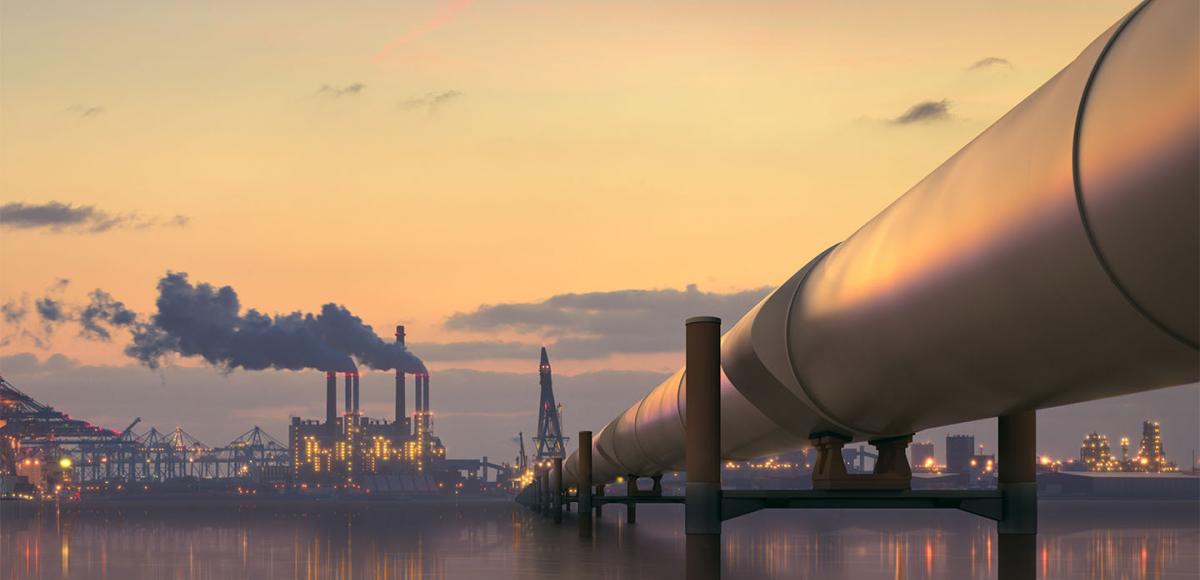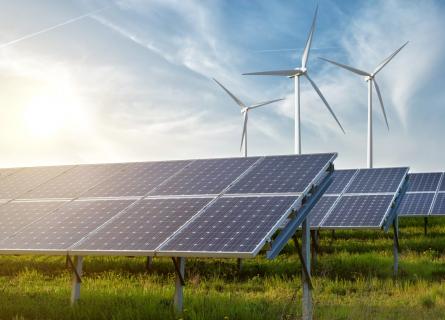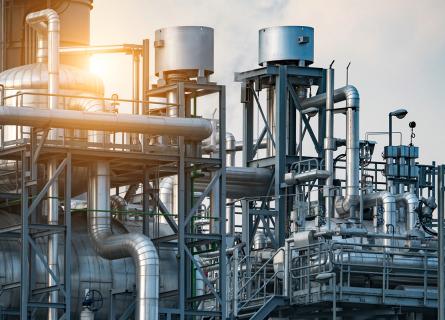
Optimising energy use can bring savings of up to 20–30 per cent to the industry – Take all the means in use in the energy crisis!
This article is written by Markus Jaanu, Antti Toivonen and Kati Mustonen.
The energy crisis is hitting energy-intensive industries particularly in cases where the necessary energy transition from fossil-based energy to emission-free and clean energy solutions is required faster than expected.
What can be done in industries in the midst of an acute energy crisis, when costs are escalating, and action must be taken without delay to achieve results quickly?
The Russia-Ukraine war resulted in the reduction of Russian energy imports in retaliation for EU sanctions, which has triggered an energy crisis in many European countries. These countries, including their industrial companies, are now paying a heavy price due to the slowness of the green transition and established dependence on Russian energy sources.
In many countries, the industry sector has been working for a long time to reduce the use of fossil fuels, driven by emission reduction targets. However, the current geopolitical crisis has pushed the industries into a situation where the energy transition has to be started immediately. Although many energy transition solutions require investments, large or small, and even though some of them take more time than we have during the crisis, a great deal can still be achieved quickly by optimising the energy use of industrial plants. This efficiency optimisation will help to mitigate the effects of the crisis on the way to industrial operations that are completely independent of Russian energy and fossil fuels. This would also help avoid the production shutdowns that are and have been seen as possible threats in many industrial plants.
The payback time of optimisation is only months at its shortest
According to AFRY's experience, at least a few per cent and at best even 20–30 per cent savings can be achieved from various energy optimisation solutions in the industrial plant operations. The measures and needed investments to achieve savings variates mill by mill and process by process. Typically there are also low or zero Capex measures.
For example, significant savings can be achieved by optimising process connections and improving process control system alone. When we add, for example, the utilisation of waste heat, various heat recovery solutions and heat pumps, as well as advanced monitoring tools, it is easy to reach double-digit percentages in reducing energy consumption.
With the current energy prices, the savings are significant and the payback time for optimisation measures is only a few months at its shortest. Even with equipment or system investments, the payback period is often less than five years. In addition, the production process automation system can be optimised when program changes alone can generate significant income to compensate for the increased energy costs.
As price fluctuations are here to stay, process automation solutions provide flexibility in production
Even after the acute energy crisis, it is predicted that the electricity price fluctuations will remain. It means that industry must find ways to flexibly produce electricity, steam or heat depending on the electricity price. This requires the use of new technologies, new process automation solutions and data analytics services, due to the increasing complexity of operations and the difficulty with managing the whole complex production chain. Together with data analytics and monitoring services, process automation solutions will build the foundation for the comprehensive industrial digitalisation.
New technologies and applications for industrial production transformation into carbon neutral and fossil free are constantly entering the market. These include, for example, carbon capture utilisation and storage (CCUS) solutions as well as various types of heat storages for surplus energy produced from renewable sources. In addition to the good performance and cost-effectiveness of the technology, it is essential that it fits into each company's energy portfolio as an effective and value-adding element.
As an independent engineering and design company for the energy and industrial sectors, AFRY is in a good position to guide its clients towards future solutions for energy-efficient and carbon-neutral industrial production. We carry out dozens of different energy optimisation projects every year, and our services include the entire life cycle of optimisation projects, from the analysis of the current status to planning and implementation. Our understanding of energy production and optimisation solutions, combined with process technology expertise and relations with equipment suppliers, makes AFRY a reliable partner for all industrial sectors in the midst of an energy crisis. We help you to optimise your energy consumption and support you in taking the required leap towards sustainable and profitable industrial production.
This article has been originally published in Tekniikka & Talous magazine as a commercial blog (Finnish).
Markus Jaanu, Antti Toivonen & Kati Mustonen
AFRY



